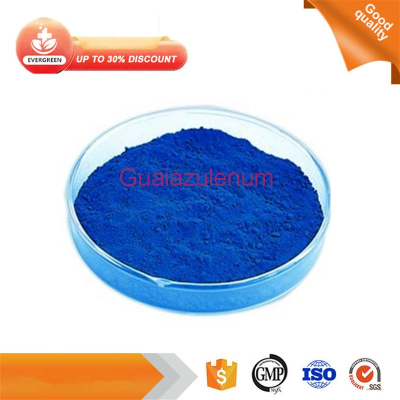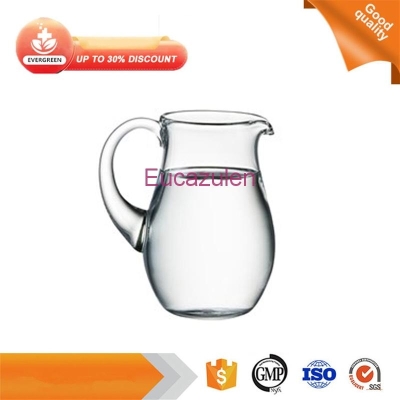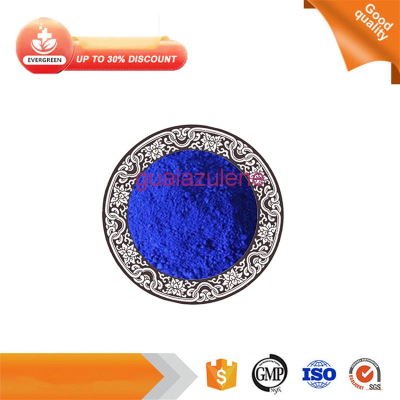-
Categories
-
Pharmaceutical Intermediates
-
Active Pharmaceutical Ingredients
-
Food Additives
- Industrial Coatings
- Agrochemicals
- Dyes and Pigments
- Surfactant
- Flavors and Fragrances
- Chemical Reagents
- Catalyst and Auxiliary
- Natural Products
- Inorganic Chemistry
-
Organic Chemistry
-
Biochemical Engineering
- Analytical Chemistry
- Cosmetic Ingredient
-
Pharmaceutical Intermediates
Promotion
ECHEMI Mall
Wholesale
Weekly Price
Exhibition
News
-
Trade Service
The COVID-19 pandemic caused by the spread of the SARS-CoV-2 virus requires rapid, sensitive and inexpensive diagnostic methods to promote disease control.
measure the amount of viral RNA using real-time quantitative PCR and reverse transcription (RT-qPCR) remains the gold standard technique for SARS-CoV-2 virus detection.
, however, the lack of access to adequate RT-qPCR instruments, reagents and trained instrument operators may limit the usefulness of this diagnostic tool, especially in developing countries with limited resources.
Immediate and rapid testing of COVID-19 prior to RT-qPCR follow-up confirmation in the laboratory, as a preliminary screening, will greatly improve diagnostic capabilities, thereby improving quarantine and care procedures and ultimately helping to reduce pressure on medical resources.
addition, a precise instant inspection platform for COVID-19 with fast turnaround times is required to restore social and economic activity.
during the current COVID-19 outbreak, the authors reported clinical validation of the sensitivity and specificity of SARS-CoV-2 virus RNA detection in the TWO-step SHERLOCK system based on CRISPR-Cas13.
method: The SERSLOCK system's detection of SARS-CoV-2 relies on viral gene fragments of interest in temperature amplification such as RT-RPA, followed by CRISPR-Cas-mediated amplification gene testing (in this case, Cas13a (LwaCas13a) from Wadler's bacteria).
detection of amplified gene sequences by CRISPR-Cas triggers side cracking of molecules for fluorescence or lateral flow measurements.
authors first designed and tested a total of four pairs of RPA primer pairs and the corresponding CRISPR RNA (crRNA), which target the SPIKE (S), nucleoprotein (N) and replication enzyme polyprotein 1ab (Orf1ab) genes for SARS-CoV-2.
two primer pairs (and crRNA) of the S and Orf1ab genes have previously been validated with synthetic RNA.
designed to target the N gene and two other primer pairs and crRNA in another region of Orf1ab to match the gene region used in the hospital's standard RT-qPCR analysis for SARS-CoV-2 testing.
all RPA quotations and crRNA sequences are designed to be specific and selective to SARS-CoV-2 viral RNA.
results: The authors rigorously evaluated the performance of the SHERLOCK method for SARS-CoV-2 detection, a CRISPR-Cas-based detection platform.
tested the SHERLOCK method of a total of 154 clinical COVID-19 samples and found that it was 100% specific and 96% sensitive to fluorescent readings and 88% sensitive to lateral readings.
this method is capable of detecting SARS-CoV-2 in RNA extracts from nasopharyngeal and pharynx swab samples, including sputum samples, while there is no cross-reaction with other common human coronaviruses and the virus can be detected asymptomatically.
the current LoD and sensitivity of the SARS-CoV-2 test is comparable to that of the approved instant medical point gene diagnostic test, but does not require specific tools.
this has the potential to extend the usefulness of SHELOCK from instant testing to home testing, which can be performed more frequently and cheaperly before a secure sample collection process is performed.
original link: Patchsung, M., Jantarug, K., Pattama, A. et al. Clinical validation of a Cas13-base assay for the detection of SARS-CoV-2 RNA. Nat Biomed Eng (2020). MedSci Original Source: MedSci Originals !-- content presentation ends -- !-- to determine whether the login ends.







